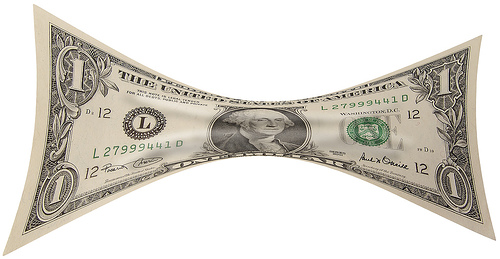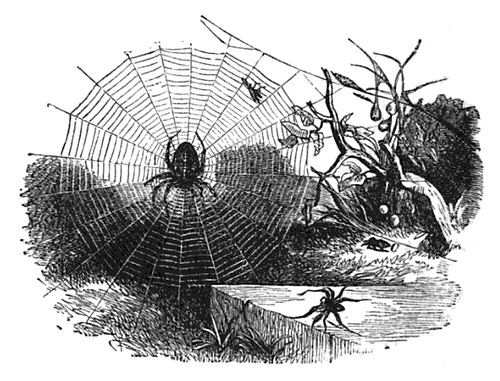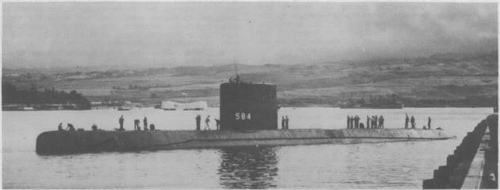
Let’s play a game. We’ll take turns bidding for a dollar bill. Both of us will have to pay our final bids, and the winner gets to keep the dollar.
Not surprisingly, the bidding will soon reach 99 cents. But then I’ll bid $1.00, giving up any hope of profit but getting at least the dollar for my trouble. And then you’ll bid $1.01, with the same idea. And so on indefinitely: First we were bidding for gain, but now we’re trying to minimize our losses.
It sounds absurd, but this game has led people to pay $5 for a $1 bill. Yale economist Martin Shubik invented it to show how an irrational decision can be reached by perfectly rational steps.
(Thanks, Cody.)



